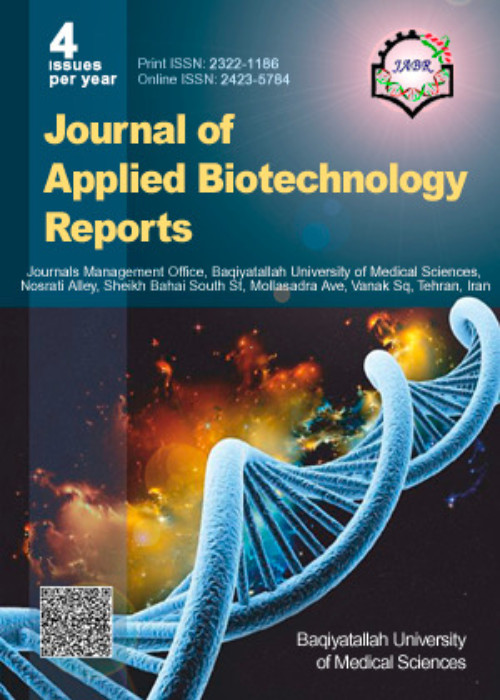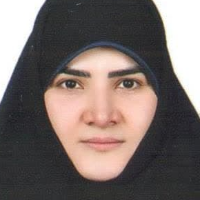An Investigation of the Selected Euphemisms of Nahj al-Balaghah based on Garcis's Second Level Model: A Case Study of Feyzoleslam, Shahidi, Dashti, Ja;fari, Ansariyan, Makarem Shirazi's Translations
Translation quality assessment is one of the methods of criticism that is used to determine the quality of the translated texts. Using a descriptive, analytical and comparative research method, this research is to qualify the selected Persian translations of Nahj al-Balagheh using the second level of Carmen Garcis translation quality assessment model - the syntactic level of lexicography. Translation Quality assessment of four famous translations of these show that they have adopted different translation strategies of iteral to explanatory strategies; namely, the translation of Feyz al-Islam, Shahidi, Dashti, Jafari, Ansarian and Makarem Shirazi, especially in the use of examples indicating dementia, avarice and anger have adopted translation strategies that show cultural differences between Persian and Arabic languages and different equivalent levels of these two languages at the lexical and grammatical level as the most important challenges in this field. In the literal translation, the rhetoric of these structures are ignored which have not stated the true meaning meant by Amir al-Mu'minin Ali (as). Thus, these translations limit verbal similarities to the Persian language and reduces the translation qualities and readability. In reviewing, evaluating and criticizing these translations, the authors try to expose his proposed point of view to the audience to be criticized.
-
An Examination of Hadith-Based, Ijtihadi, and Integrative Methods in Establishing the Sequential Order of the Revelation of Quranic Surahs
Mohsen Ghamarzadeh, Khadijeh Ahmadi Bighash, Atieh Sadat Yazdikhah *
Journal of Philosophy & Theology, -
The scientific authority of the Quran in creating systems of transformation
Abdulkarim Behjatpour *,
Journal of Qur'anic Knowledge, Autumn 2024 -
Improvement of Islamic society in Quran; arena and solutions
Abdul Alkarim Bahjat Poor, Zeinab Bahjat Poor *
Journal of Quranic Interpretive and Semantic Studies,




